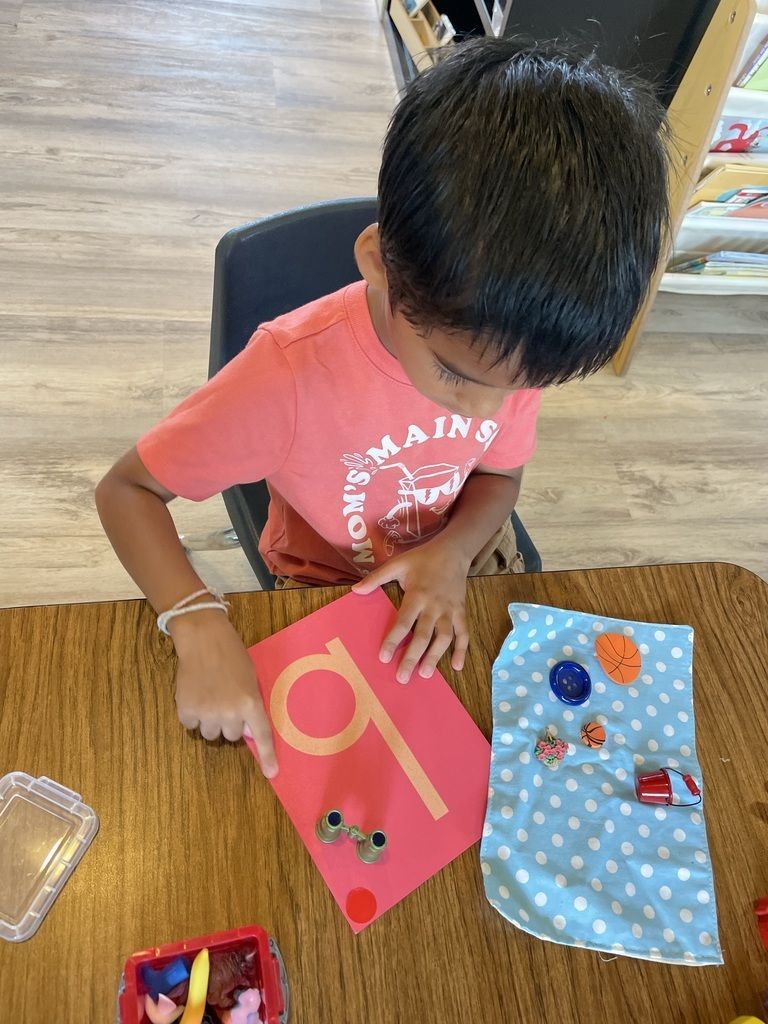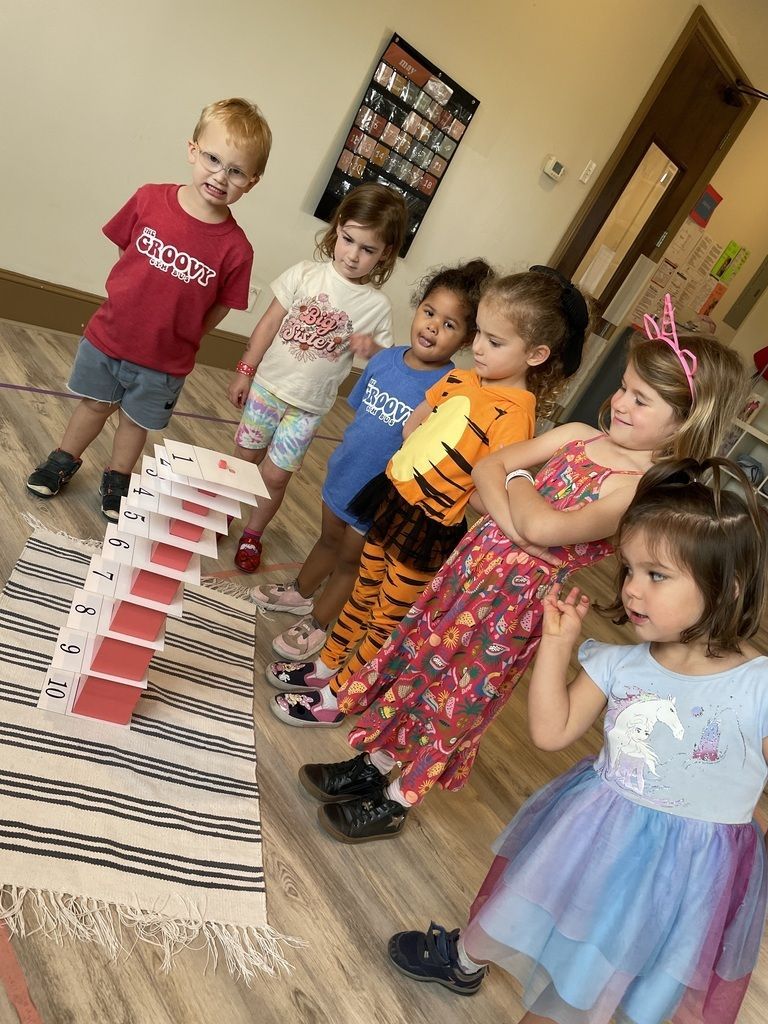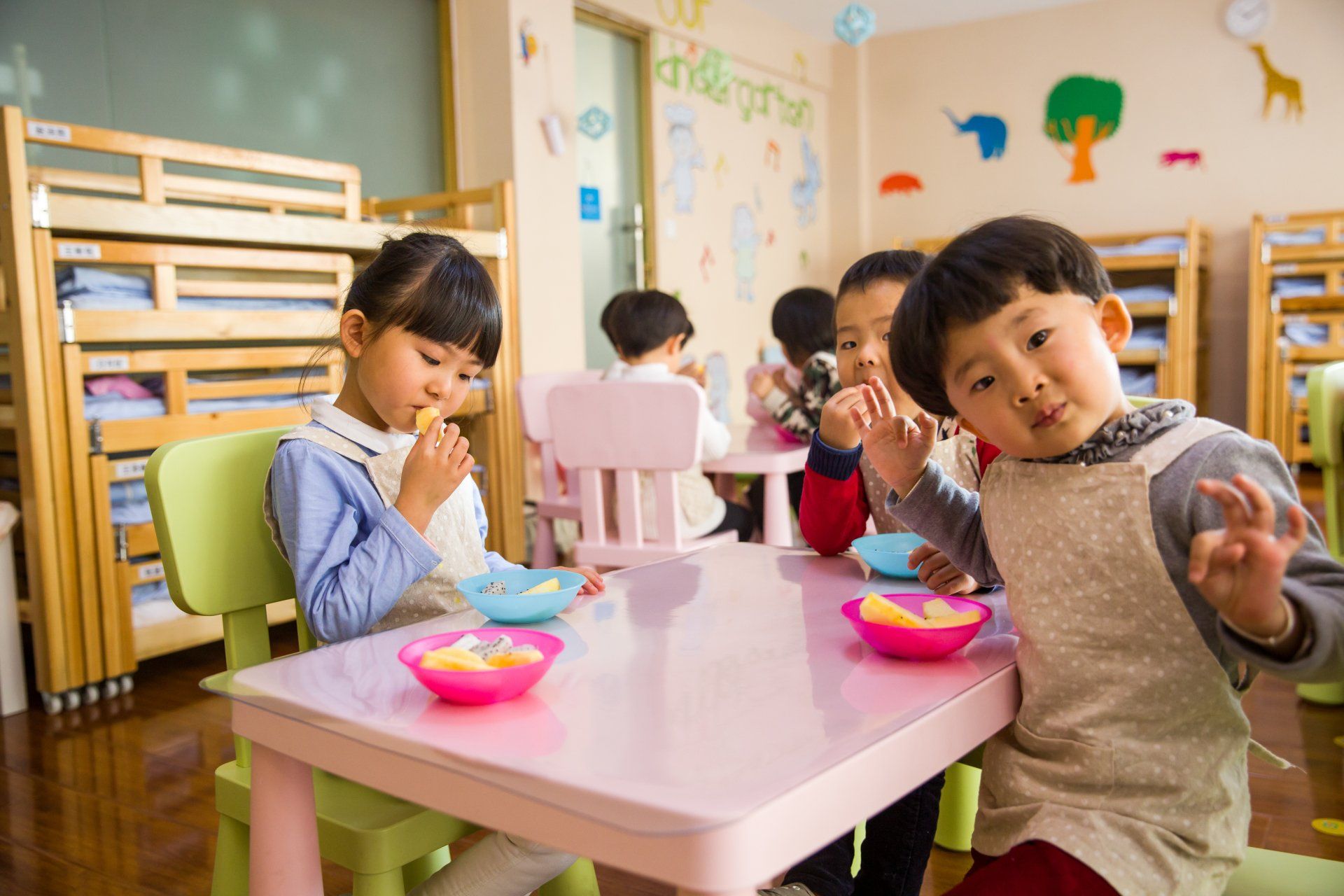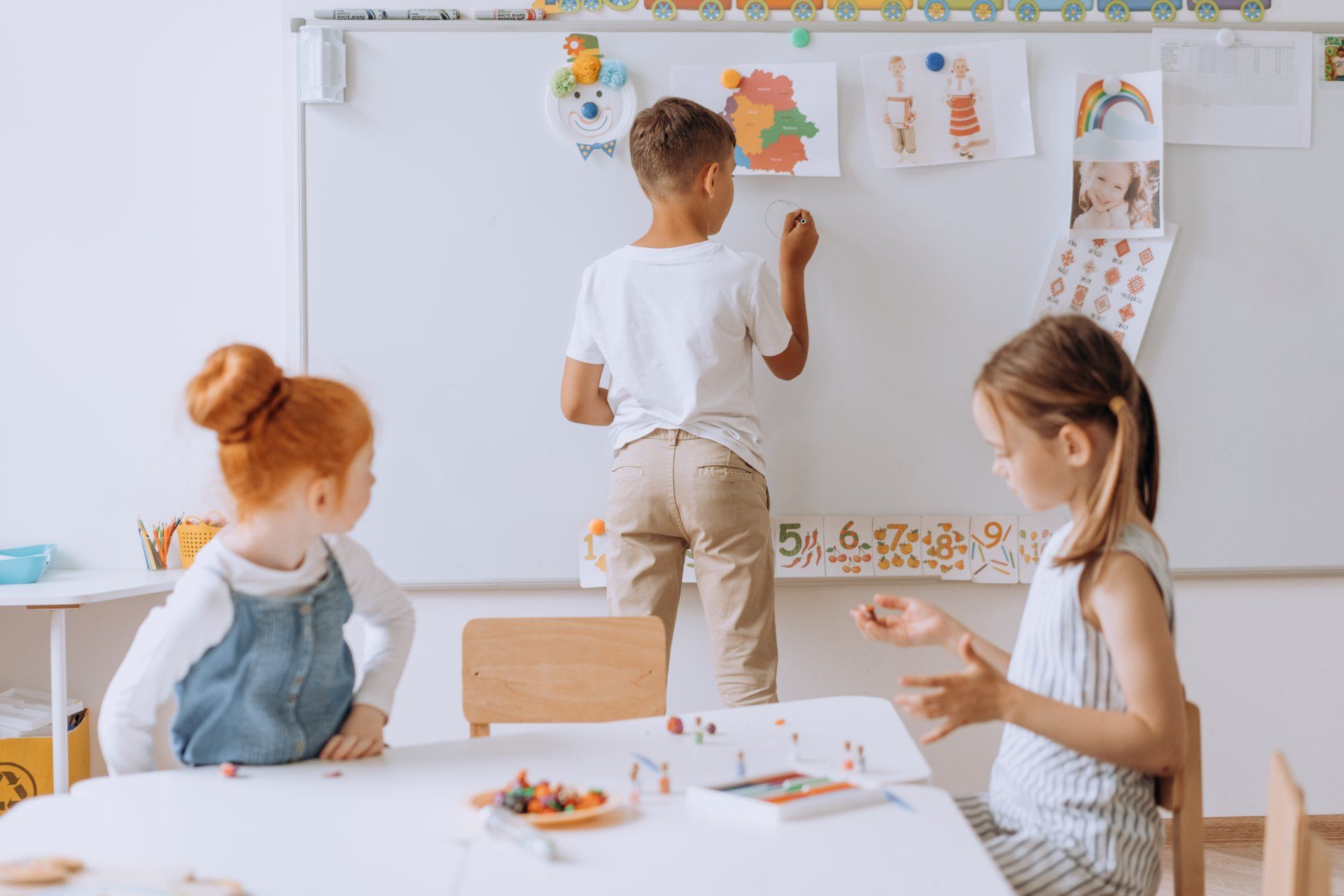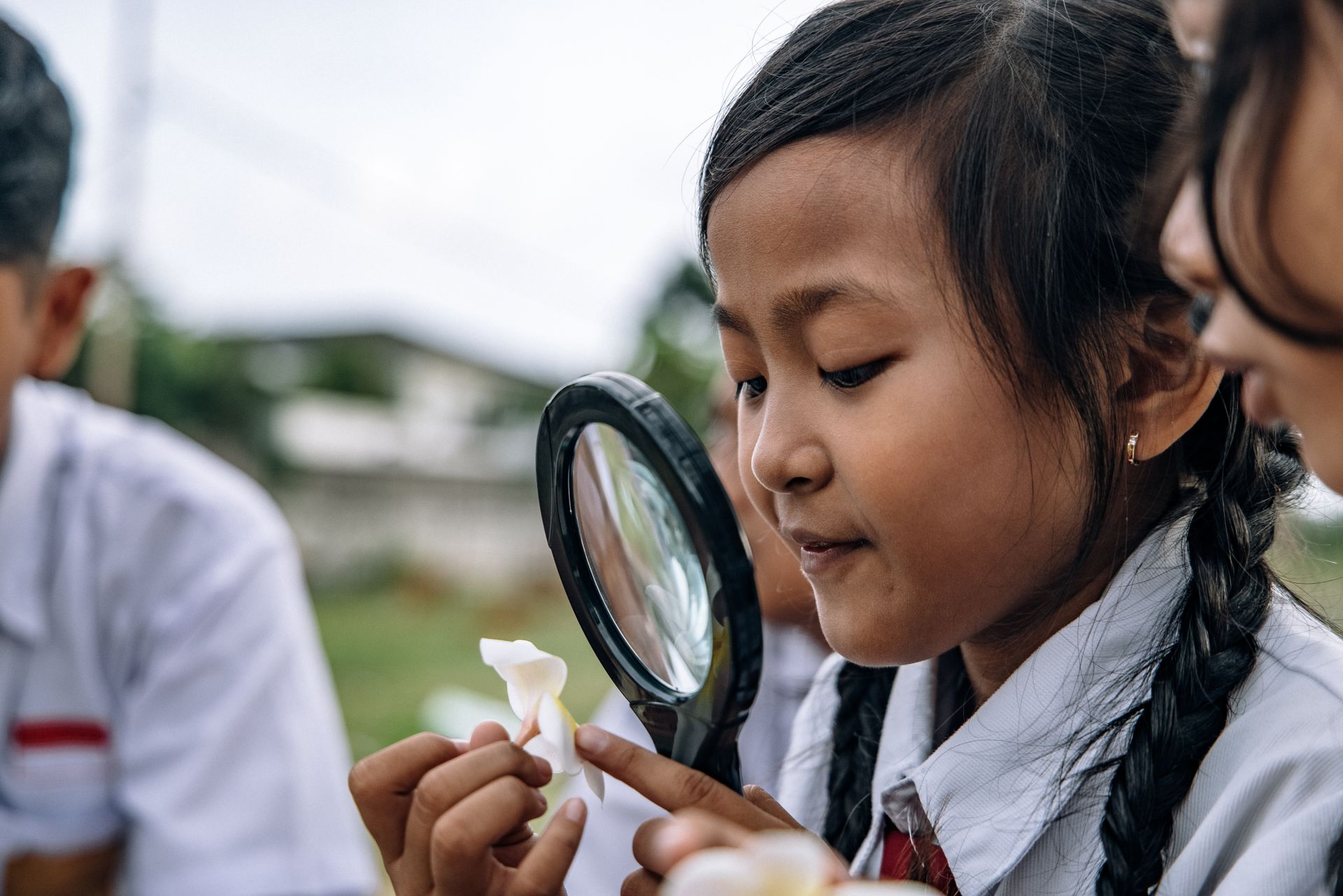Unlocking Independence: The Significance of Practical Life Activities in Montessori Education

Unlocking Independence: The Significance of Practical Life Activities in Montessori Education
"When children engage in activities they understand, they are involved in a world of real experiences." - Dr. Maria Montessori
In the enchanting world of Montessori education, practical life activities are the cornerstone upon which a child's journey begins. These seemingly simple tasks - pouring water, polishing shoes, buttoning a shirt - hold profound significance in the Montessori philosophy. They are more than just chores; they are a bridge to becoming independent, a gateway to self-sufficiency, and a foundation for lifelong learning.
What Are Practical Life Activities?
Practical life activities encompass everyday tasks children observe and are eager to replicate from their home environment. These tasks encircle four main areas:
1. Care of Self: These activities focus on developing children to be independent with personal care. It includes skills like dressing, toileting, and washing hands.
2. Care of the Environment: Children learn to maintain and respect their surroundings. This category includes cleaning, arranging flowers, and gardening.
3. Grace and Courtesy: These activities emphasize social skills and manners, teaching children how to interact respectfully and kindly with others.
4. Movement: Activities that enhance fine and gross motor skills, such as walking on a line, carrying a tray, or pouring liquids.
Why Are They Important?
1. Building Independence: Practical life activities empower children to care for themselves and their environment. When a child can put on their shoes, they experience the satisfaction of self-reliance.
2. Developing Concentration: Children are naturally drawn to these activities because they are purposeful and require focus. Through concentration, they develop the capacity to work persistently on tasks - a skill that extends to all aspects of life.
3. Fine and Gross Motor Skills: Pouring, threading, and buttoning may seem simple, but they are instrumental in developing fine and gross motor skills. These activities refine hand-eye coordination and strengthen muscles, preparing children for more complex tasks.
4. Order and Sequence: Practical life activities are inherently orderly and follow a sequence. Children learn to follow steps logically, contributing to their understanding of order and organization.
5. Sense of Responsibility: Children take pride in contributing to their home or classroom community. They learn that their actions have consequences and play a role in maintaining order and cleanliness.
6. Social Skills: Grace and courtesy lessons teach children how to interact politely and respectfully with others. These skills are invaluable in building positive relationships throughout life.
7. Self-Esteem: Accomplishing tasks independently boosts a child's self-esteem. It sends a powerful message: "I can do it!" This newfound confidence permeates all areas of a child's life.
The Long-Term Impact
The benefits of practical life activities extend far beyond the preschool years. They lay the groundwork for developing executive functions such as organization, time management, and self-regulation. They instill a love for learning as children become accustomed to exploring their environment with curiosity and purpose.
These activities teach children that the world is full of interesting, purposeful tasks waiting for them to master. As they master each exercise, they carry the confidence, independence, and skills nurtured through practical life activities into new challenges and endeavors.
In Montessori education, the seemingly mundane becomes extraordinary. Practical life activities are not just chores; they are the keys that unlock a child's full potential, fostering independence, self-esteem, and a lifelong love for learning.
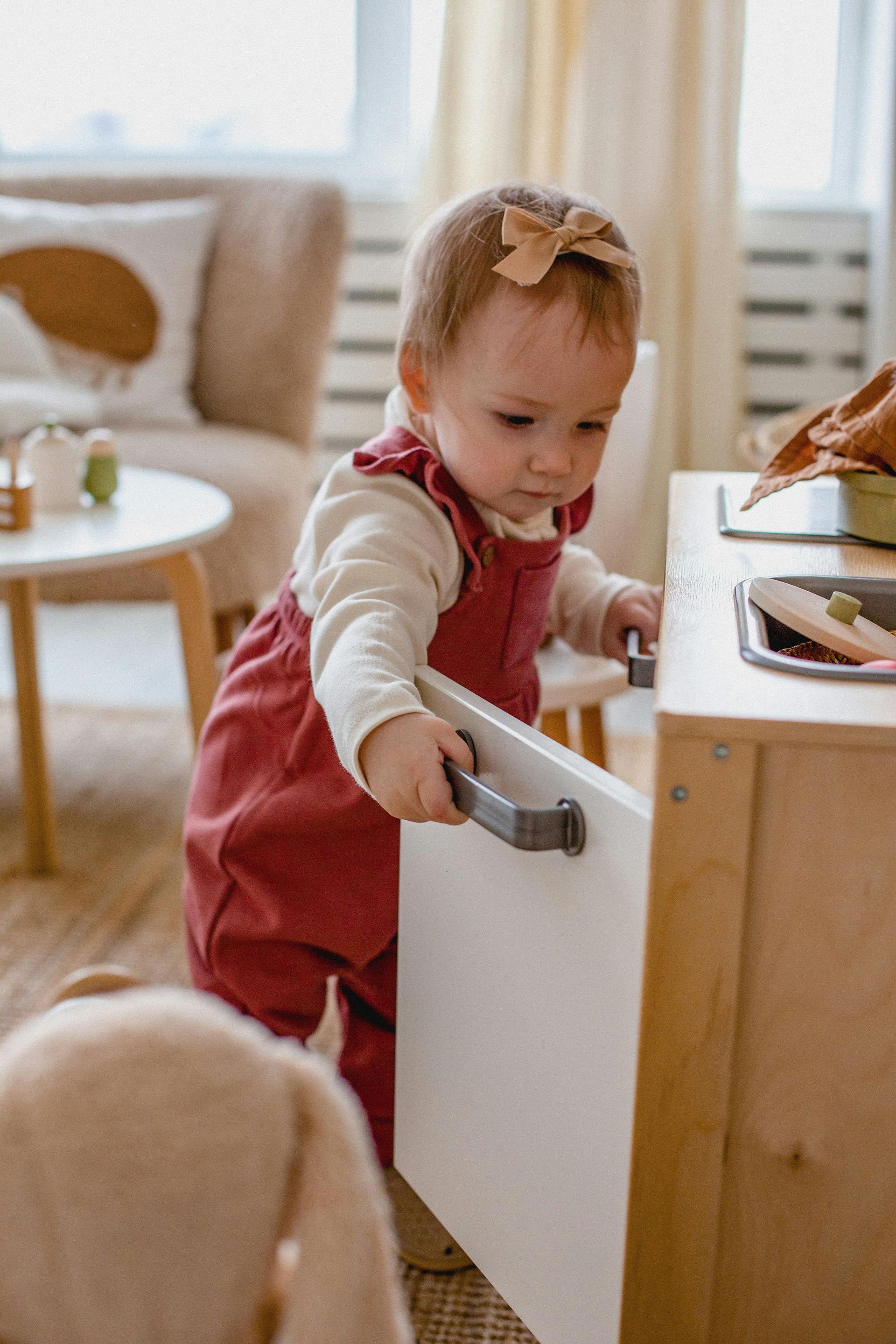
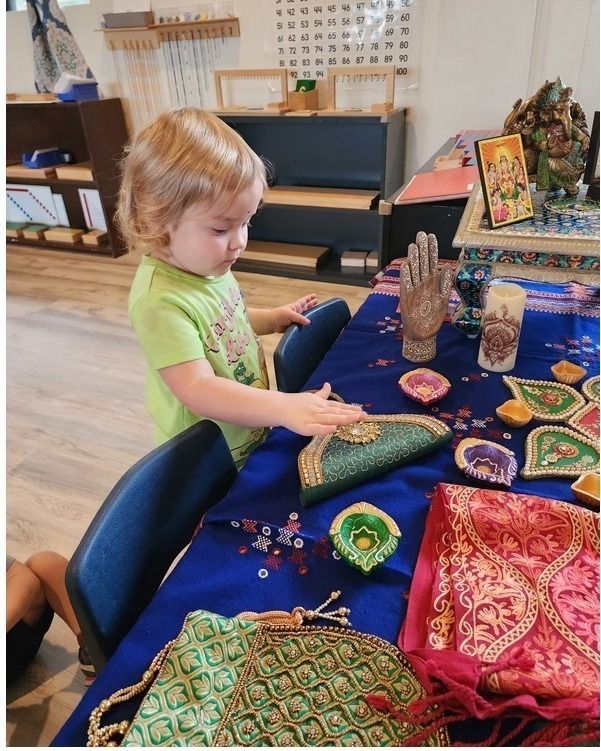
The Importance of Global Citizenship in Montessori Education: Introducing Kids to Different Cultures
